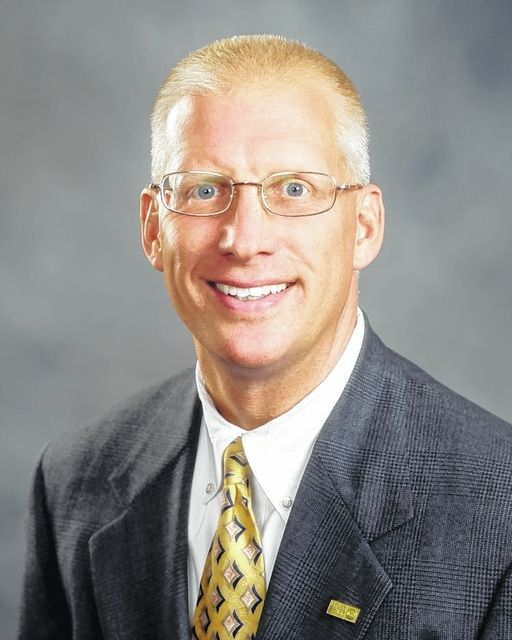Click here to subscribe today or Login.
I was a few months shy of my 5th birthday when I started kindergarten in 1968.
At that age, I had no idea that 1968 was such a troubling, but influential, year. I was too young to know who the Reverend Martin Luther King Jr. or Sen. Robert Kennedy were and what their assassinations would mean to our nation. I would not have understood the racial protests that highlighted the ‘68 Olympic Games, nor would I have realized the impact of a war in Vietnam and why it would weigh so heavily on a hotly contested presidential election.
Despite the turmoil so prevalent in 1968, there was a kind, gentle, caring man who came into the lives of many kids and liked us for just being exactly who we were. On top of that, this guy, who always wore a cardigan sweater, sneakers, and a tie, sang quirky songs and invited all of us to be his neighbor.
I can’t remember when I first started to watch “Mister Rogers’ Neighborhood,” but the lessons Fred Rogers began teaching exactly one half century ago and the values he modeled for more than three decades are as timeless and meaningful today as they were in that tumultuous year his show first aired.
In addition to being an entertainer and entrepreneur, most people did not realize that Rogers, a Western Pennsylvania native, was also a Presbyterian minister. I never had the honor of meeting him, but it is obvious to me that he took his faith and calling to “love thy neighbor” very seriously. He wanted all of us, near and far, to not only be his neighbor, but to also be good, caring neighbors to each other.
In a sense, Fred Rogers embraced and promoted the very essence of the United Way’s slogan, LIVE UNITED, long before the United Way network coined the phrase. Through his simple but heartfelt storytelling, he gracefully spread the messages of love, kindness, understanding, and acceptance. He understood the connection we have to each other and the ability we all have to bring joy to others. He also recognized that each of us has the power to change lives.
Mr. Rogers’ greatest gift, of course, was his ability to connect to kids. He was a lifelong champion and advocate for children. He once said, “We live in a world in which we need to share responsibility. It is easy to say it’s not my child, not my community, not my world, not my problem. Then there are those who see the need and respond. I consider those people my heroes.”
For those who read my editorials or follow the work of the United Way of Wyoming Valley, you would know that our organization is very focused on the needs of area children. Our childhood poverty rate is much too high, as is the volume of child abuse and neglect, hunger, drug use among adults who are responsible for children, and family stress. These issues can and do impact children for their entire lives.
I am fortunate to often be in the company of donors and volunteers who see the need in our community and respond. Mr. Rogers is exactly right, those people are heroes. They are good neighbors who LIVE UNITED and I am very grateful to everyone who helps us help kids.
As we acknowledge the 50th anniversary of the historic events of 1968, let’s also celebrate the goodness promoted by Mr. Rogers and continue to spread messages of love, kindness, understanding and acceptance. More than ever, every kid needs a champion and to be liked for being exactly who they are. They need heroes and good neighbors.
The more we continue to help our kids, the more we can change lives and, over time, change the community. When that happens, we can all sing, “It’s a beautiful day in this neighborhood …”





